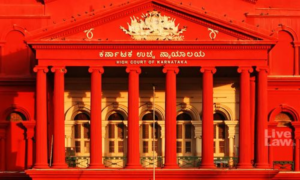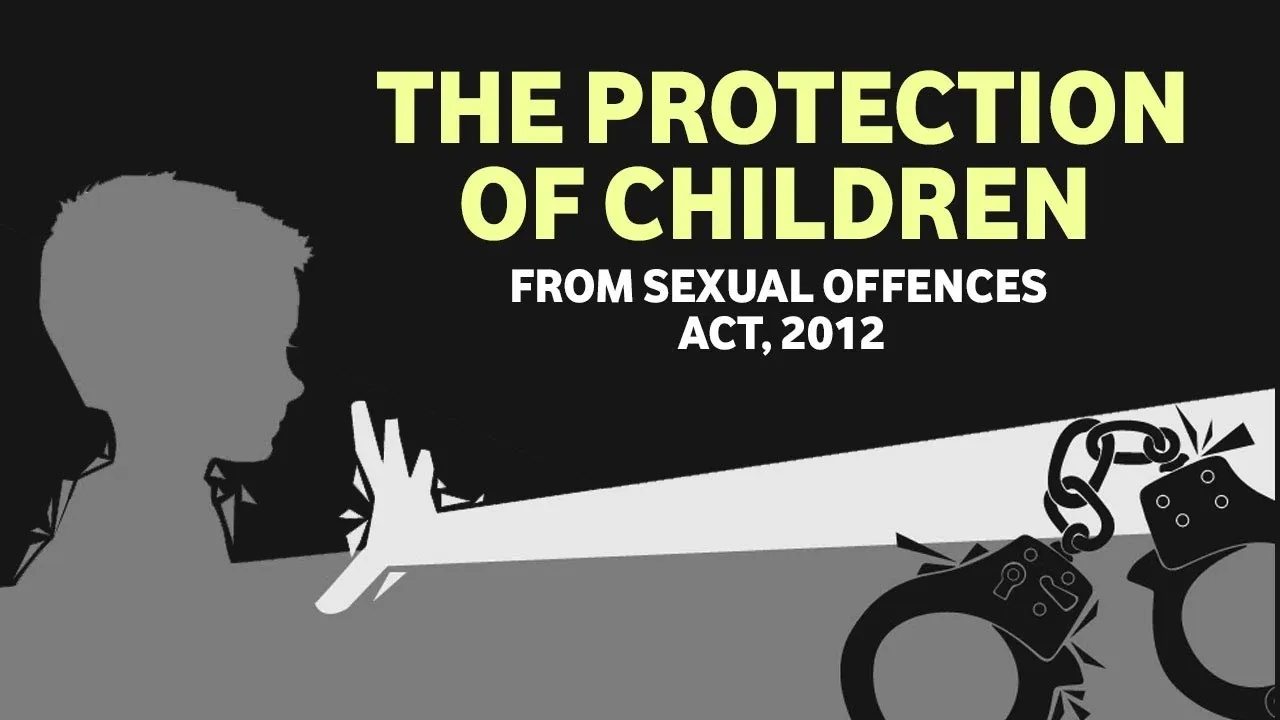Karnataka High court allows Tax Exemption on Voluntary Donation Received by Educational Institution .
In a corner decision, the Karnataka High court recently ruled that educational institutions can be pure from paying levies on voluntary donations entered from benefactors. This ruling is seen as a major palm for educational institutions across Karnataka as it’ll allow them to keep the donations they admit and use them to foster their educational pretensions. The Karnataka High court’s ruling has been eaten by numerous in the state, and it’s counteraccusations are sure to have a positive impact on the educational system in the state.
1.Background on duty impunity for Donations to Educational Institutions .

The government of India has handed duty impunity for donations made to educational institutions under section 80G of the Income Tax Act. This impunity encourages individualities and pots to make benefactions towards the development of education in the country. The Karnataka High court has played a significant part in defining the compass and extent of duty impunity available for donations entered by educational institutions.
In several cases, the court has ruled in favour of educational institutions, thereby enabling them to use the bestowed finances for the betterment of their installations and structure. The recent ruling by the Karnataka High court on voluntary donations has further clarified the position of the court on duty impunity for donations entered by educational institutions.
2.Karnataka High Court’s Ruling on Voluntary Donations .

The Karnataka High Court has lately made a ruling on the duty of impunity for voluntary donations entered by educational institutions. The court has allowed duty impunity for similar donations, furnishing important- required relief for educational institutions in the state. The court ruled that voluntary donations entered by educational institutions aren’t income, and thus, shouldn’t be tested.
The decision was grounded on the grounds that similar donations are given without any anticipation of return and are intended for the betterment of education in the state. This ruling has come as a welcome relief for numerous educational institutions that have been floundering to keep up with rising costs and reduced backing.
With the impunity on voluntary donations, institutions will now be suitable to raise finances more fluently, which will help them to ameliorate structure and installations, and eventually, give a better literacy terrain for scholars. Likewise, the decision is likely to encourage further benefactors to come forward and contribute to educational institutions. With the assurance of duty impunity, benefactors will be more inclined to make donations, which will have a positive impact on the education sector in Karnataka.
Overall, the Karnataka High Court’s ruling on voluntary donations is a significant step towards promoting the growth and development of educational institutions in the state. By furnishing duty impunity on similar donations, the court has honoured the significance of education and the need for acceptable backing to insure its sustainability. This decision is sure to have a far- reaching impact on the education sector in Karnataka and will go a long way in perfecting the quality of education for scholars.
3.Significance of Tax Exemption for Educational Institutions .
 Educational institutions play a vital part in the development of society, and they calculate heavily on donations to fund their operations. As similar, duty impunity for donations is pivotal in enabling them to sustain their programs and installations. The recent ruling by the Karnataka High Court allowing duty impunity on voluntary donations entered by educational institutions is a significant palm for these institutions.
Educational institutions play a vital part in the development of society, and they calculate heavily on donations to fund their operations. As similar, duty impunity for donations is pivotal in enabling them to sustain their programs and installations. The recent ruling by the Karnataka High Court allowing duty impunity on voluntary donations entered by educational institutions is a significant palm for these institutions.
It recognizes the significance of education in society and the need to incentivize donations to support its growth. Without duty impunity, donations to educational institutions would be tested as income, making it less seductive for benefactors to contribute. This could lead to a drop in donations and eventually impact the quality of education handed by these institutions.
Also, duty impunity for donations can help to increase translucency in educational institutions. When benefactors admit duty deductions for their benefactions, they’ve a vested interest in ensuring that the finances are being employed effectively. This creates a position of responsibility that can lead to better governance and better issues.
4.Impact of the Ruling on Educational Institutions in Karnataka.

The recent ruling by the Karnataka High Court allowing duty impunity on voluntary donations entered by educational institutions is anticipated to have a significant impact on similar institutions in the state. With this ruling, educational institutions can now enjoy duty immunity on all voluntary donations they admit, including those made by individualities and commercial realities.
This is particularly important for educational institutions that calculate heavily on similar donations to fund their operations and conditioning. With duty impunity, further benefactors are likely to come forward and contribute towards the development of these institutions, leading to their overall growth and development.
Likewise, duty impunity can also help educational institutions attract and retain talented faculty members, ameliorate structure, and upgrade tutoring and exploration installations. This can lead to an overall enhancement in the quality of education handed by these institutions, serving scholars and the society at large. The ruling also provides a position playing field for educational institutions in Karnataka, as analogous duty immunity is formerly available in other countries. This can help institutions in Karnataka to contend more effectively with their counterparts in other corridors of the country.
Conclusion:
The recent ruling by the Karnataka High Court allowing duty impunity on voluntary donations entered by educational institutions is a positive step towards encouraging donations and promoting education in the state. This ruling recognizes the significant donation of educational institutions towards society and acknowledges the need to support them financially.
Duty impunity on donations not only incentivizes benefactors but also enables educational institutions to use the finances to enhance their installations, ameliorate the quality of education, and expand their outreach. It’s a palm- palm situation for all stakeholders involved and can have a significant impact on the development of education in Karnataka. Overall, the decision by the Karnataka High Court is estimable and deserves appreciation for its donation towards promoting education and supporting educational institutions.
Also Read: Time In Review Supreme Court’s Significant Sulings In 2020- 21
Also Read:Top Benefits of Hiring a Digital Marketing Virtual Assistant







